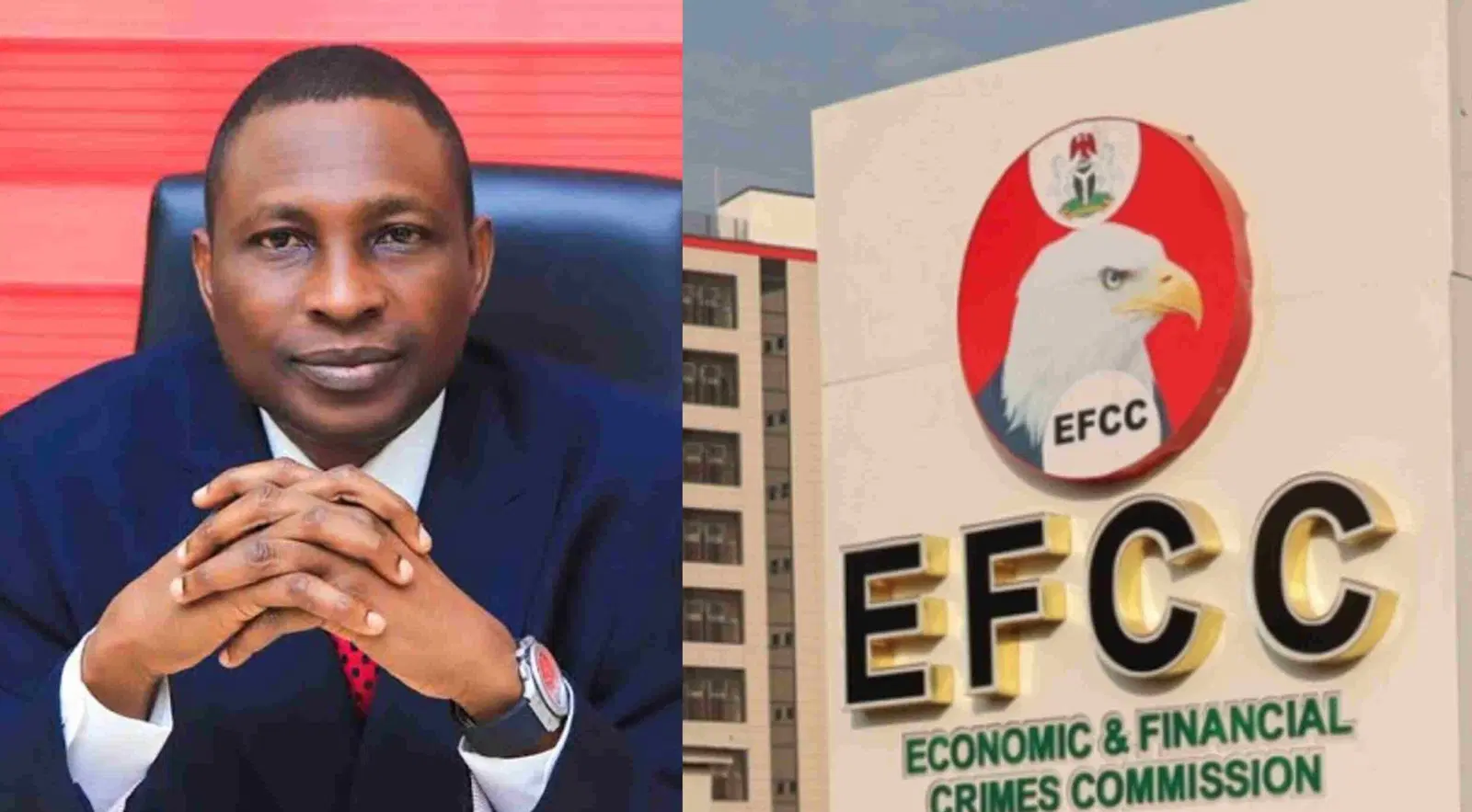A man, identified as Onwe Onyedika Prince has filed a motion at the Federal High Court in Enugu, seeking redress for what he claims to be the violation of his fundamental human rights by the Economic and Financial Crimes Commission (EFCC) and Ajobiewe Rotimi Enitan, Esq, a representative of the anti-graft body.
The motion, filed on October 3, 2024, outlines Prince’s ordeal, stating that despite meeting bail conditions set by the court on July 4, 2024, his continued detention has persisted due to the refusal of the respondents to verify and confirm the addresses of his sureties as ordered by the court. Prince, who presented four different sureties instead of the required two, alleges that the 1st respondent, Ajobiewe Rotimi Enitan, acted in bad faith and abused his position by deliberately delaying the process and causing his prolonged detention.
According to the motion brought under the Fundamental Rights (Enforcement Procedure) Rules 2009, and the African Charter on Human and Peoples’ Rights, Prince’s detention is described as “illegal, unconstitutional, and a violation of his fundamental rights.” He accuses Enitan of conducting an investigation rather than verifying the sureties as instructed by the court, leading to what he terms as “man’s inhumanity to man” and “unwarranted intimidation.”
Prince is seeking several remedies from the court, including a declaration that his continued detention is unlawful, an order for his unconditional release, and an injunction preventing Enitan from participating in further surety verifications in the Federal High Court, Enugu. He also requests the court to recommend disciplinary actions against Enitan to the EFCC and investigate an alleged $4,000 extortion that he claims triggered the animosity between him and the 1st respondent.
The applicant further seeks a public apology from the respondents to be published in The Punch and The Sun newspapers within seven days of the court’s ruling, alongside compensation of N100 million for his unlawful detention and general damages. He also requests the court to award a 10% monthly compound interest on any judgment sum until it is fully paid.





